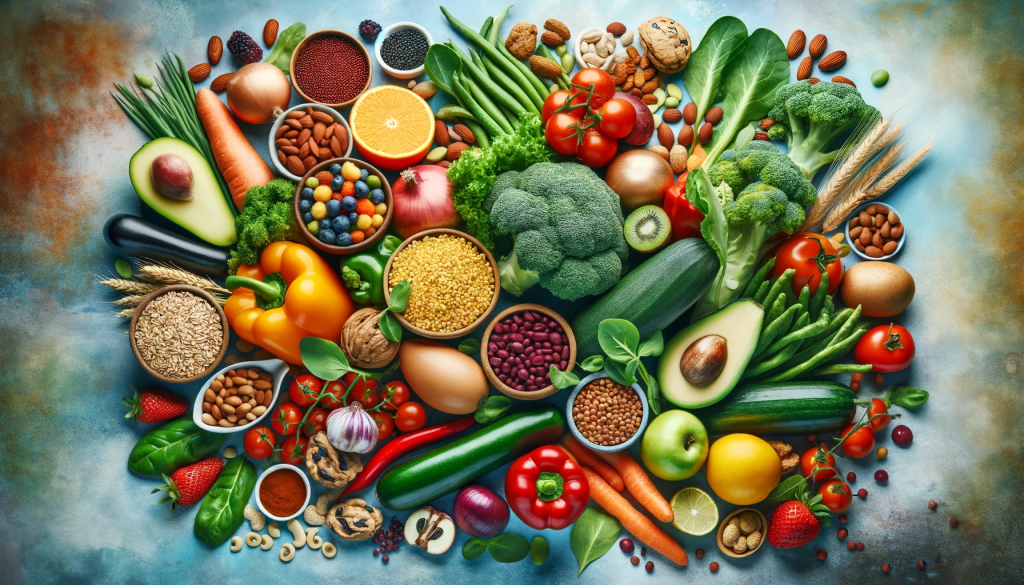Introduction
In recent years, there has been a significant shift towards plant-based diets, with veganism gaining popularity worldwide. This lifestyle choice, once considered niche, is now embraced by a growing number of people for its various benefits. A vegan diet involves abstaining from all animal products, focusing instead on plant-based foods.
Health Benefits
Adopting a plant-based diet comes with numerous health benefits.
- Nutritional Advantages: Plant-based diets are rich in essential nutrients, including vitamins, minerals, antioxidants, and fiber, while being lower in saturated fats. Foods like fruits, vegetables, whole grains, nuts, and seeds are staples of a vegan diet.
- Impact on Health: Studies have shown that a vegan diet can reduce the risk of chronic diseases such as heart disease, diabetes, and certain cancers. It also contributes to better weight management and improved digestive health.
Environmental Impact
The shift to a plant-based diet not only benefits individual health but also has a profound impact on the environment.
- Reduced Carbon Footprint: Animal agriculture is a major contributor to greenhouse gas emissions. Switching to a plant-based diet can significantly reduce one’s carbon footprint, as plants require fewer resources and produce fewer emissions compared to animal farming.
- Conservation of Resources: Plant-based diets are more resource-efficient, requiring less land, water, and energy. This is crucial in a world where these resources are becoming increasingly scarce.
Ethical Considerations
For many, the decision to go vegan is rooted in ethical concerns regarding animal welfare and the broader implications of dietary choices.
- Animal Welfare: Veganism challenges the traditional practices of animal farming, highlighting concerns about the treatment of animals and advocating for their rights.
- Broad Impact of Dietary Choices: The ethical aspect of veganism also considers the sustainability of food systems and their impact on global food security and ecological balance.

Economic and Practical Benefits
Apart from health and ethical reasons, there are practical benefits to adopting a vegan lifestyle.
- Cost-Effectiveness: Contrary to popular belief, a plant-based diet can be economical. Staples like beans, grains, and seasonal vegetables often cost less than meat and dairy products.
- Ease of Adoption: With the growing popularity of veganism, it’s easier than ever to find plant-based alternatives in grocery stores and restaurants. This makes the transition to a vegan diet more convenient for individuals.
Challenges and Considerations
While there are many benefits to a vegan diet, there are also challenges to consider.
- Nutritional Balance: It’s important to ensure a well-rounded diet that provides all necessary nutrients, including protein, iron, calcium, and B12, which can be lower in vegan diets.
- Addressing Misconceptions: There are misconceptions about veganism being overly restrictive or nutritionally inadequate. Education and awareness can help dispel these myths and show the variety and richness of plant-based cuisine.

Conclusion
The trend towards a plant-based diet reflects a growing awareness of health, environmental, and ethical issues. As more people discover the benefits of veganism, this lifestyle will likely continue to gain momentum. Whether for health reasons, environmental concerns, or ethical beliefs, exploring a vegan diet can be a rewarding and impactful journey.













































